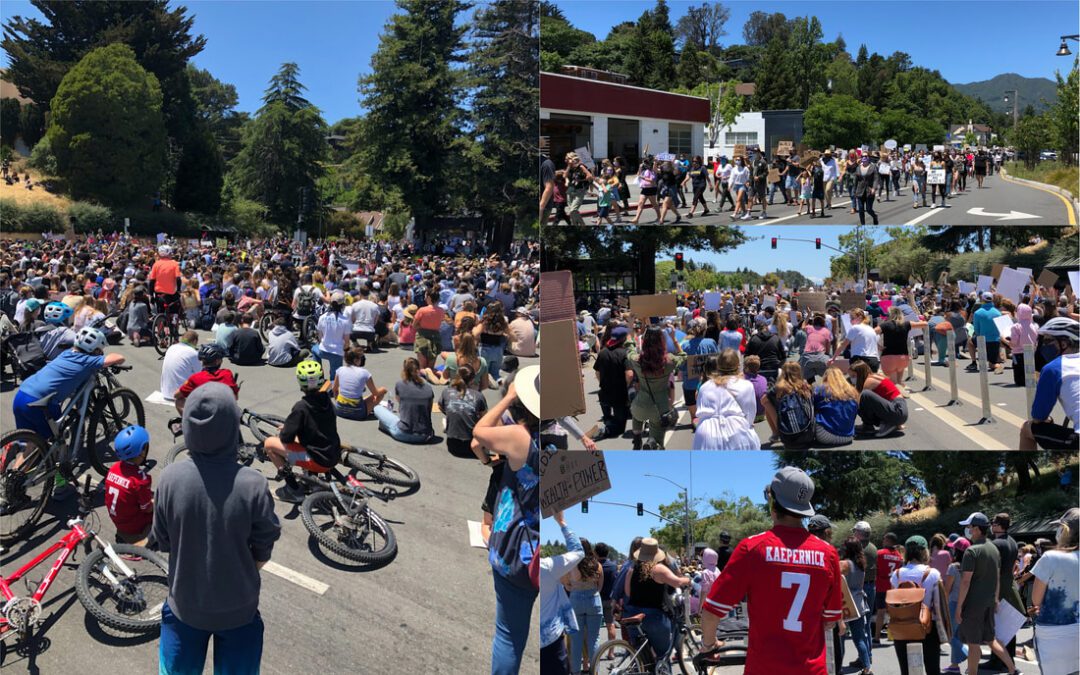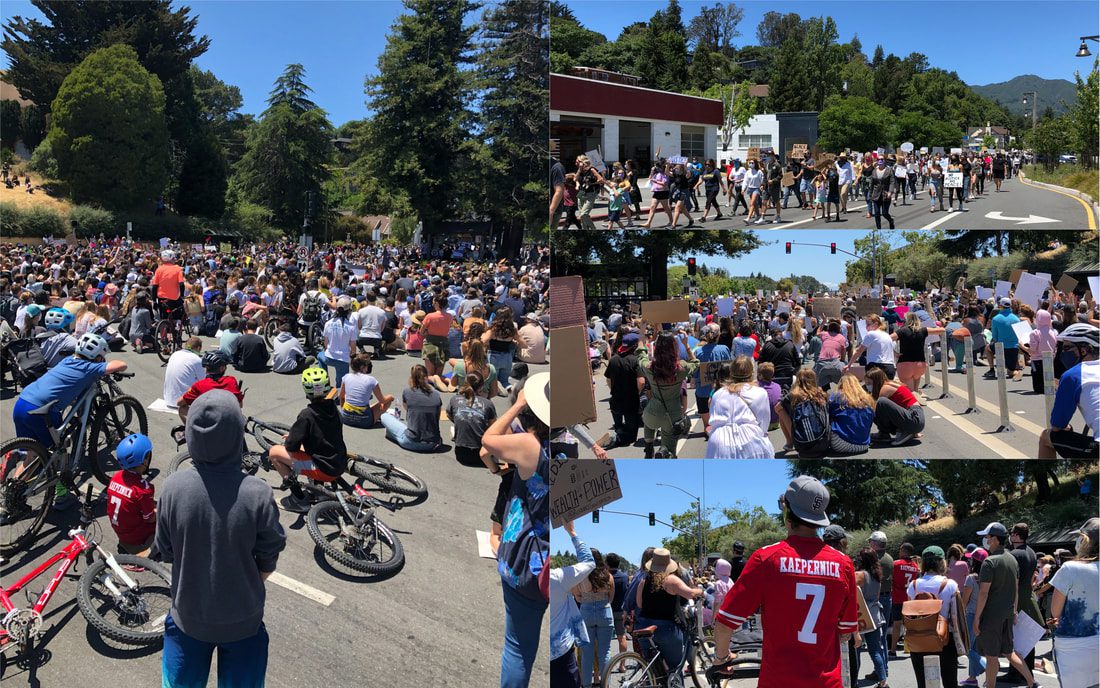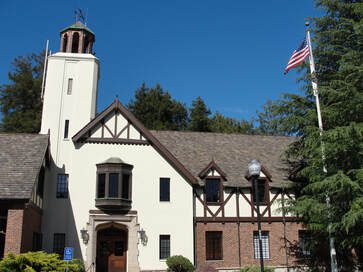The series of peaceful protests that took place in Mill Valley and all over Marin in the spring and summer made one thing clear to local elected officials: they were on the clock. The Mill Valley City Council responded, pledging their commitment to make impactful change on inequity, creating a Diversity, Equity & Inclusion Task Force, selecting Dr. Patricia Patton to facilitate it and letting the task force drive the process without direct council or city staff involvement.
The task force selection process yielded 22 task force members, led by residents Naima Dean and Elspeth Mathau, and that group unveiled its full report and recommendations in early December in the form of a 93-page, 28-recommendation, multiple ”wow”-inducing document that spanned affordable housing, cultural and recreational engagement, economic opportunity, education and policing, the latter of which was the focus of 13 of the 28 recommendations.
Now the ball’s in the city’s court, and council members say they are asking for the same degree of patience they showed to the task force in producing its massive document. City staff is organizing the recommendations into a series of categories, including those that have already been implemented, those in progress, those requiring additional consideration, those beyond direct city control but where the city can still influence the process and those the city is not likely to pursue. They hope to hold a public hearing on the recommendations at the council’s Feb. 1st or Feb. 18th meeting.
Noting that the council didn’t have the opportunity to provide input on the task force’s recommendations, Vice Mayor John McCauley pointed to Mathau’s comment in December that the task force’s process worked because it gave the group space to work. “Now the city is taking space to work,” McCauley said. “We can’t comment until we have staff reports before us. The council has been very supportive. The council is not being pulled along here. Your councilmembers are very interested in moving things forward within the confines of what the city can do.”
Councilmember Urban Carmel agreed. “Change is necessary, for so many reasons,” he said. “This is a necessary cultural shift that the city needs to make. I want to make sure that we accomplish something. Change is not making list of 65 things you want to done. You pick two, three, four or five things – that’s how you get things done. That’s how you really make change.”
Task force members have kept up the pressure on the council to move forward with their two tentpole recommendations: that the city create a permanent equity commission built in the mode of the city’s subject-specific panels like the Bicycle Pedestrian Advisory Committee (BPAC) and Emergency Preparedness Commission, and that it develop a citywide equity plan led by professionals.
“Despite repeated explicit requests from the task force that were echoed in over 100 written and oral comments from the public, council members managed to evade these two most important issues,” Dean and Mathau wrote.
City officials have noted that it has been deeply engaged on issues of racial inequity in Mill Valley since the tragic killing of George Floyd sparked outrage across the globe, and that it remains committed to a comprehensive review of the recommendations and a framework to implement as many of them as possible. They’ve also pointed out that Mill Valley is further along in its process of turning its task force’s work into tangible results than any other jurisdiction in Marin.
City officials have emphasized that while there is much work to be done in considering all of the task force’s recommendations, they’ve already dived deeply into DEI-related programs and initiatives that have made racial equity an over-arching priority. In recent weeks, that has included the County of Marin’s “Digital Marin” project to address local internet access and digital equity gaps, a Mill Valley Public Library City Read on James Baldwin and Eddie S. Glaude Jr’s work, the City’s much-publicized House Match program, its ADU promotion for workforce housing, the Arts Commission’s ongoing focus on DEI issues and programs, Mill Valley Recreation’s mandate that all users of the City fields have a DEI statement and scholarship info as part of their field use agreement, the Emergency Preparedness Commission’s initiative to ensure equity in their programming and outreach and info on participating in Black History Month and 30 days of service for MLK Day. IN addition, the Library was just awarded a grant to do an oral history project focused on BIPOC voices in Marin.



